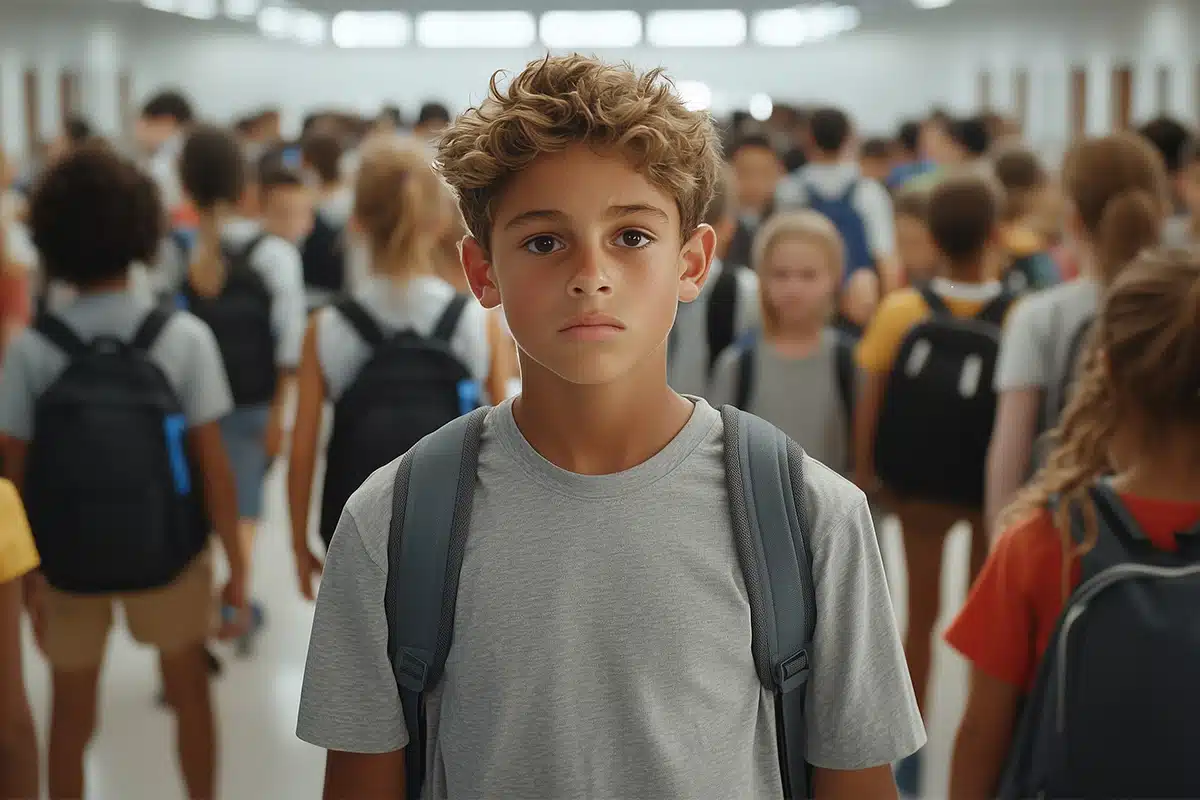
What ADHD Really Feels Like: A Day in the Life of a Distracted Mind
Step inside a child’s mind with ADHD to understand their daily struggles, challenges, and hopes—told with compassion and insight.

For many of us, a crowded store or a noisy school cafeteria is just part of the daily hustle. For a child with autism, it can feel like standing in the middle of a thunderstorm with no umbrella. Sensory overload, or when the brain receives more input than it can process, can be overwhelming, distressing and even painful. And for children on the autism spectrum, it is a daily challenge that affects how they move through the world.
At Pediatric Consultations, we believe that understanding is the first step to helping. Here is what you need to know, and how you can support children with autism in navigating sensory overload with confidence, compassion and calm.
Sensory overload occurs when one or more of the body’s senses are overstimulated. For children with autism, the threshold for sensory input is often much lower. Something that feels mildly annoying to one person, like fluorescent lights buzzing overhead, might feel unbearable to a child on the spectrum.
Common triggers can include:
When overstimulation happens, a child may react by covering their ears, crying, becoming nonverbal, withdrawing or having a meltdown. Not out of defiance, but because their nervous system is overloaded.
Sensory overload does not always look the same. Some children become agitated and vocal. Others may shut down or retreat. Here are some common signs to watch for:
Recognizing these signs early gives caregivers and educators the opportunity to step in before the child reaches a breaking point.
Children with autism do not need to be “toughened up” or taught to ignore their sensory sensitivities. They need adults who understand their experiences and are willing to adapt the world around them, even just a little, to make life more manageable.
At Pediatric Consultations, we work closely with families to identify patterns, create support plans and connect parents with strategies that align with their child’s unique needs. Sensory overload does not have to rule your child’s life. With the right approach, it can become just another challenge they are equipped to overcome.
If your child is struggling with sensory sensitivities, we would love to support you. Pediatric Consultations offers expert care for youth with autism, ADHD and anxiety. From individualized strategies to long-term care plans, we want to help your child thrive, on their terms.

Step inside a child’s mind with ADHD to understand their daily struggles, challenges, and hopes—told with compassion and insight.

Youth sports injuries can affect more than the body. They also impact mental health. Here is how to support full recovery.

Due to a sudden serious and ongoing medical issue, Dr. Peter Halas has closed his Pediatric Consultations practice.
Dr. Halas is deeply grateful for the trust, kindness and connection shared with patients and families throughout the years. It has been an honor to care for your children and to be part of your lives.
For any ongoing medical needs or referrals, please contact your primary care provider. Dr. Halas wishes each of you continued health and happiness.